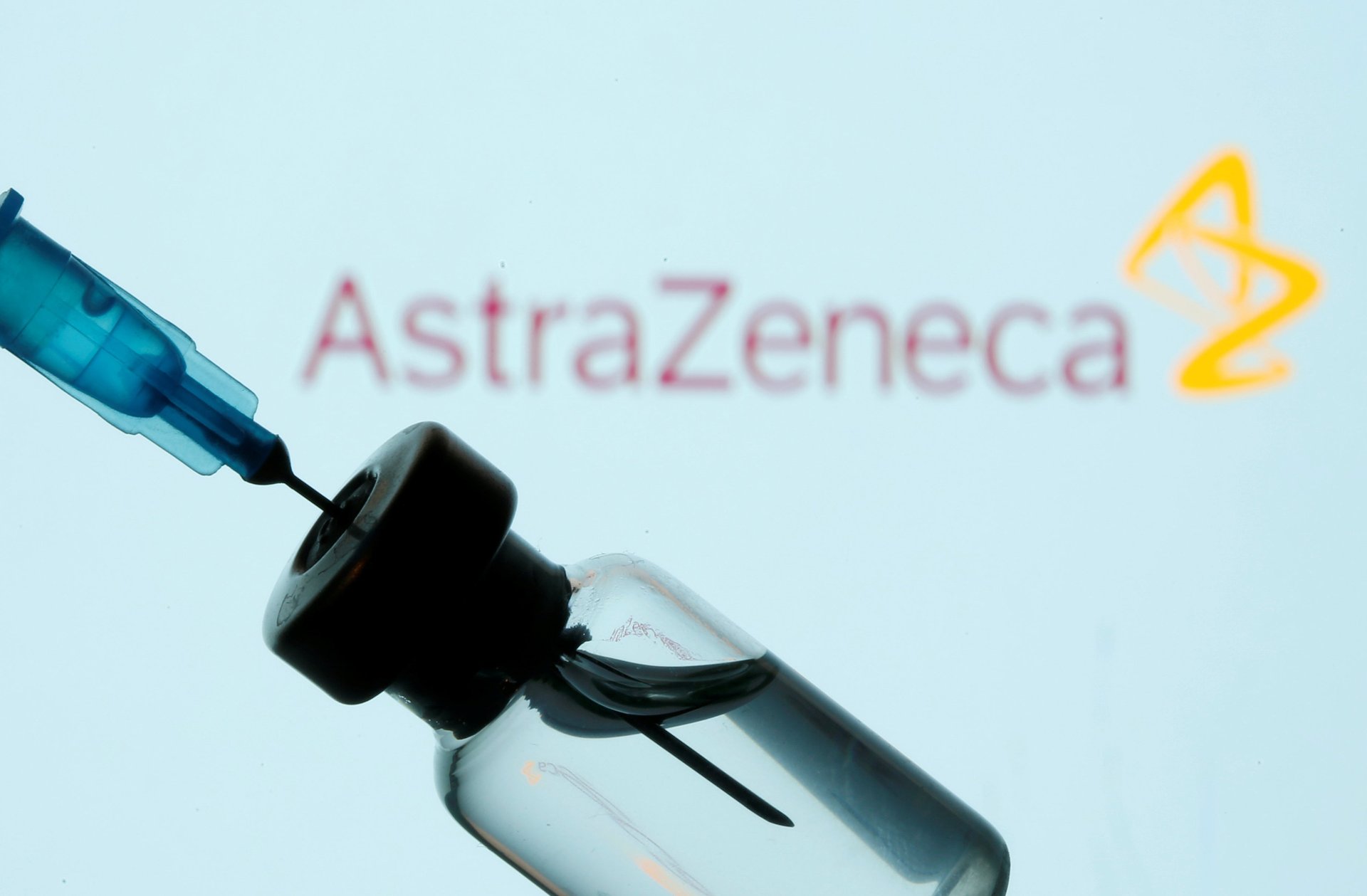AstraZeneca aims increase its annual revenue by 75% in its post-COVID era
The UK-based pharma giant plans to introduce 20 new drugs by the end of the decade

Cambridge, U.K.-based pharmacuetical giant AstraZeneca announced an ambitious sales goal for the end of this decade, just as it pulls it COVID-19 vaccines off the shelves.
Suggested Reading
AstraZeneca announced Tuesday that its aims to increase its revenue by a whopping 75% in 2030, up from the $45.8 billion it generated in 2023.
Related Content
“Today AstraZeneca announces a new era of growth. In 2023 we delivered the ambitious $45 billion revenue goal set a decade ago,” AstraZeneca CEO Pascal Soriot said in a press release. “With the exciting growth of our innovative pipeline, which has the potential to transform millions of lives, we are now aiming for $80 billion by 2030.”
The pharma company said it plans to launch 20 new drugs by the end of the decade to reach the new revenue target.
Those medications will expand the company’s oncology, biopharmaceuticals, and rare disease portfolio, many of which have the potential to become blockbusters (or medications that generate $1 billion a year). AstraZeneca said that some of these drugs could even generate over $5 billion in peak year revenues.
In particular, medications treating rare diseases — which affect populations smaller than 200,000 — are some of the most expensive drugs on the market. Pharmaceutical companies leverage a lack of alternative treatments for these diseases as justification for their high prices.
Beyond COVID
The announcement comes just as AstraZeneca, whose COVID-19 vaccine made it a household name amid the global pandemic, has decided to no longer produce the life-saving jab. The company said earlier this month it is no longer producing or supplying its COVID-19 vaccine, known as Vaxzeveria, due to shrinking demand. Revenue for the vaccine fell 99% in 2023 to $12 million, from about $1.8 billion in 2022.
Still, the company is already making moves toward its new goal. This year it launched Enhertu, a new treatment for breast cancer. Even more recently, the company announced this week a new $1.5 billion manufacturing facility in Singapore.
